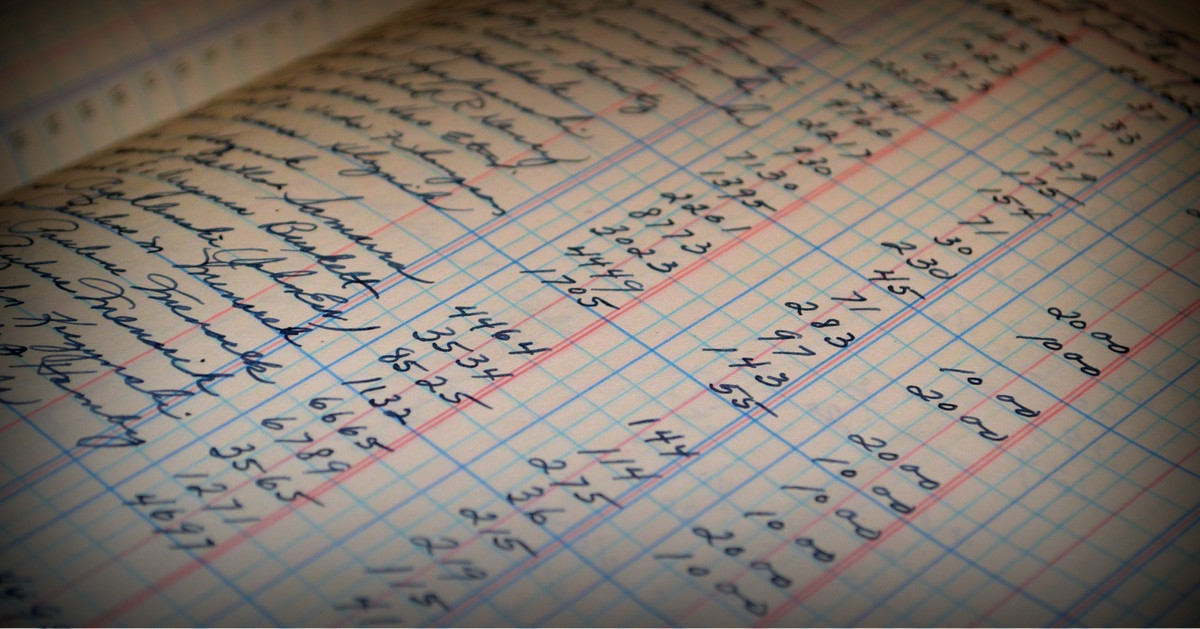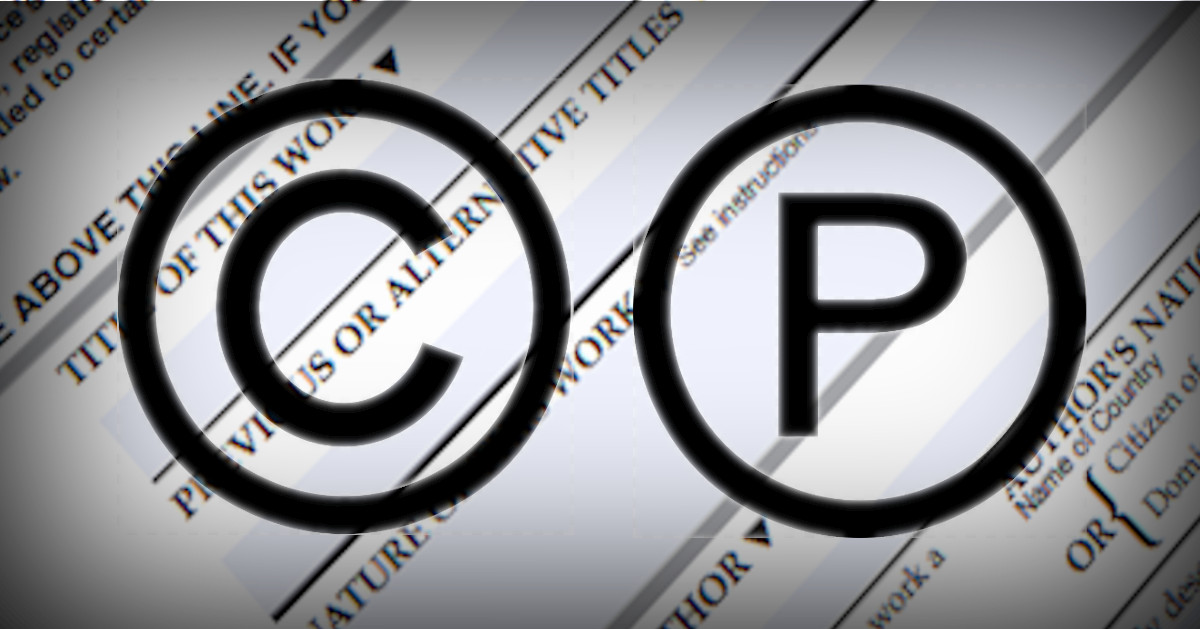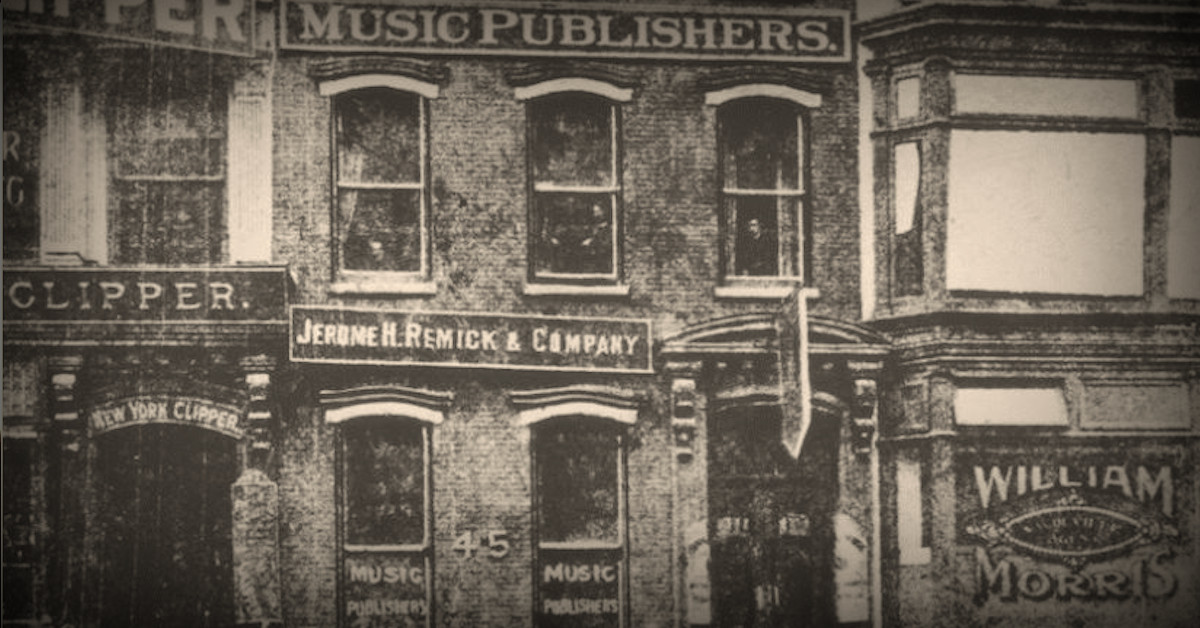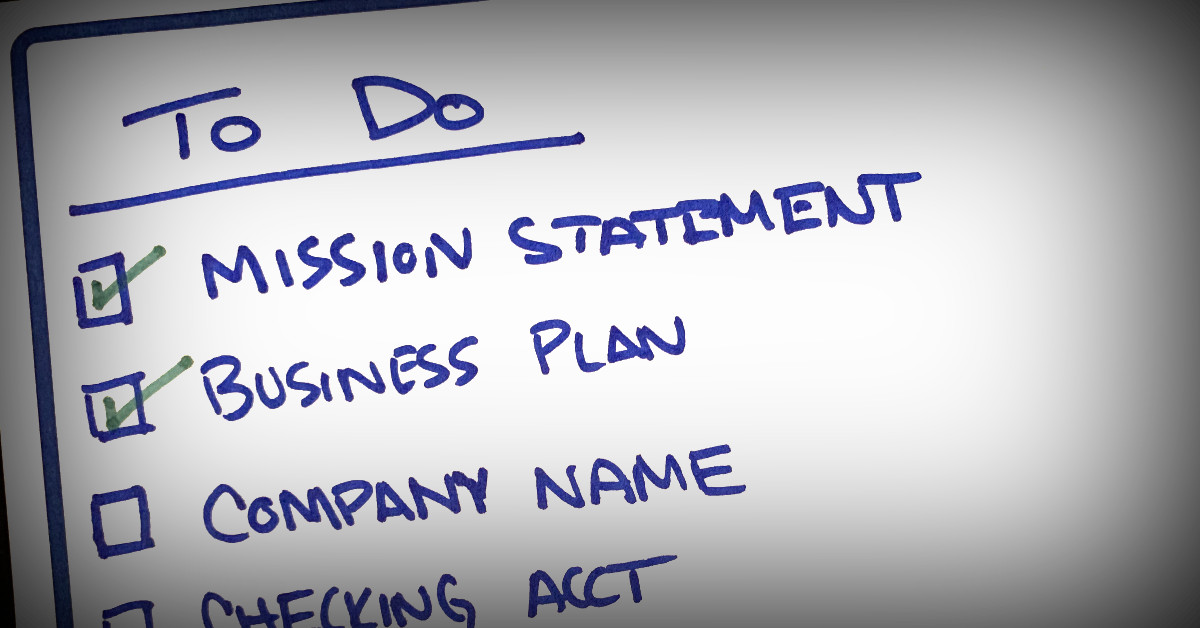Articles
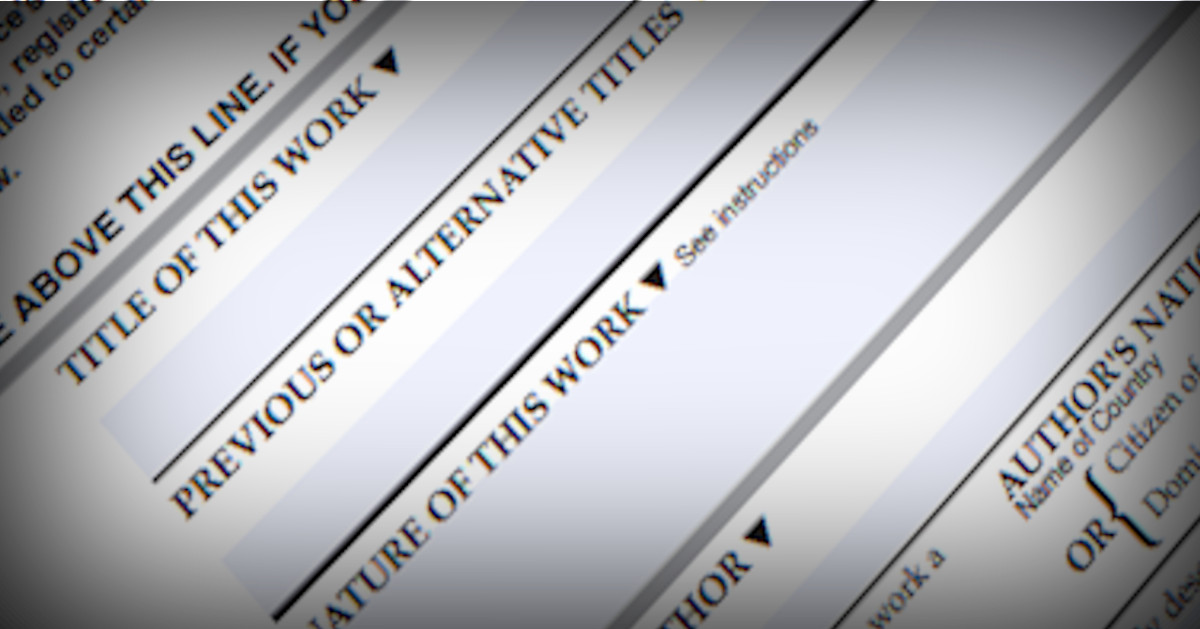
Selling Maggie's Farm: The Firesale On Songwriters' Catalogs
by Mark Alan V.
The article What is 'Publishing' and Why Should You Keep It? talks about some advice Frank Zappa gave Steve Vai. He told Steve to keep his publishing because that's his retirement. Steve went on to say that bit advice saved him millions. So what's with all these songwriters selling off their catalogs lately? And for some serious coin too. If that's their retirement, why are they giving it up?
It was announced this week that Paul Simon has agreed to sell his catalog of songs to Sony Music Publishing. Over 400 of Simon's original titles, including ‘Bridge of Troubled Waters', will now be under the control of the music conglomerate. While neither the terms of the sale nor the extent of the ownership have been disclosed, it's safe to assume Sony will own, at the bare minimum, the publishing rights to this collection, quite possibly more.
Simon is just the latest in a trend of older musicians selling off some, if not all, of the rights to their repertoire. Earlier this year, Neil Young sold 50% of his ownership, the publishing rights, of almost 1,200 songs to Hipgnosis for $150 million. In December, Stevie Nicks sold 80% ownership of her catalog to Primary Wave for $100 million. And probably one of the biggest deals, and surprises, happened on the same day when Bob Dylan sold his catalog.
Universal Music Publishing Group (UMPG) reportedly paid $300 million for the catalog of over 600 Dylan songs. In this situation, UMPG acquired both the publishing and songwriting portions of the copyright, thus having 100% control and retaining 100% of the revenue. This is a big deal because those quintessential Dylan songs like "Blowing in the Wind" and "Knocking on Heaven's Door" will now be Dylan songs in name only.
Prior to this deal, the publishing rights to the vast majority of Dylan's composition were owned by him and licensing went through his company. Ironically, Universal's competitor, Sony/ATV handled the catalog's publishing administration outside of the U.S. while Dylan's camp handled it domestically. Now that UMPG has both publishing and songwriter ownership, Dylan no longer has any say in licensing. UMPG can, and most likely will, begin licensing those songs for even more television and movies as well as advertising and other media.
It should be noted that this is for the rights to the song itself, not to the recording. In music, there are two types of copyrights. The composition (lyrics and melody) is classified and protected as a Performing Art. Whereas the actual master recordings, what you eventually hear on those 8-tracks, cassettes and interweb thingys, falls under a different type of copyright called a Sound Recording. The songwriter(s) and their publisher(s) typically share ownership or control over the Performing Arts copyright, whereas the record label would own the Sound Recording. So while Dylan will no longer receive royalties from the composition, he will still receive payment as a recording artist based on the arrangement with his record label, much like an artist who doesn't write their own material.
But let's get back to Frank. Remember Frank? Mr. Zappa himself. He clearly told Steve "Keep Your Publishing". But what he wasn't as clear about is for how long and what he meant by calling it his "retirement". Sure, a steady stream of royalties would make for a nicer ‘pension' if you didn't have to split it with a publisher. But perhaps Frank's ideas were more grandiose than that. And maybe the ‘firesale' approach that so many are doing now is what he had envisioned.
In other industries, it's not uncommon for business owners to work years and years to build up their business and one day, cash out and just walk away. It happens in corporate america all the time, often with little fanfare, but when it happens in the art or entertainment world, it sometimes draws more attention. Look at Star Wars creator George Lucas. He spent decades painstakingly creating, building and curating that franchise, until one day in 2012, he sold it all to Disney for $4 billion. Now this juggernaut that he had his thumb on since it was an idea in the back of his head is no longer his, and he has no say in what becomes of it.
From an artists' perspective, to walk away from something you worked so hard to create and build, something that is part of you, has to be a bitter pill to swallow. Especially in exchange for the all mighty dollar. But sometimes there comes a point when you have taken your art as far as you are going to and it's time to move on. And then you have to look at the cold hard facts and figures to come up with your exit strategy, while you still can.
With royalties, there is an end date. The copyright is only good for the life of the author plus 70 years. After that it becomes public domain and the checks stop coming in. So in the case of Bob Dylan, who is 79 years old, there's upwards around 85, maybe 90 years left to collect royalties on those songs. Armed with that information, the question comes in as to how much effort Dylan, and eventually his estate, wants to put into capitalizing on those remaining years of protection and what are the options?
For one, he could have kept on keeping on. But with record sales becoming a thing of the past and at an eighth of a penny per stream royalty, the earn serious bank would require ramping up licensing. Dylan's tunes have appeared in over 500 movies and television shows, but seldom in commercials or other advertising which could bring in significant revenue. As mentioned before, all roads to licensing Bob Dylan songs seem to lead to the man himself and again, at 79, how much of that midnight oil does he want to burn? So partnering with a full-fledged music publisher, not just an administrator as he does now, seems like the best option for him. And that's what he did, well, sort of. Instead of partnering, he handed over the keys to the kingdom.
Where is the logic in giving up all ownership? Well, let's say he struck a deal to sell just the publishing ownership (50%) for $150 million. Even if the publisher had carte blanche over licensing and they went to town on it, how many years would it take for Dylan to earn the other $150 million from his songwriter half? Maybe not in his lifetime, maybe not at all.
From a dollars and cents stand point, it makes perfect sense. Actual money in the bank today as opposed to money that may be earned years from now seems like a much wiser option. Especially if there are things they want to do with that money now. In a way, it's kind of like the songwriter's version of a record contract ‘advance'. In their heyday, record labels would write big checks to lure potential recording artists to their label. That money was actually an ‘advance' on the artist's future royalties and would be recouped before any further royalties, if there were any, were distributed. However, in this case, the risk is totally that of the purchaser, but so in the reward.
Is cashing out, selling out? It's hard to say. Trying to figure that out is like trying to grow a watermelon in easter hay. Let's see how we feel the first time we hear "The Times They Are A-Changin'" in a diaper commercial.
Your Band Is A Business
PA or SR, Single or Collection: Which Copyright Registration Approach Should You Take?
What is 'Publishing' and Why Should You Keep It?
The First 5 Steps When Starting Your Music Company
More From The Web
- Source: DIY Musician
Understanding Apple Music for Artists Analytics
- Source: Music Business Worldwide
From YouTube pulling its data from Billboard’s charts to HYBE’s new partnership with Tyla’s managers… it’s MBW’s weekly round-up
- Source: Music Business Worldwide
‘You need to leave your safeguards and walk into the fire.’
- Source: Music Business Worldwide
PPL’s royalty distributions jump 19.9% to $72.8M in final quarter of 2025
- Source: Music Business Worldwide
UMG and Roblox strike deal to expand commercial opportunities for artists on the gaming platform – including merch sales via Shopify
- Source: Music Business Worldwide
UMG and Splice team up to collaborate on ‘next generation’ AI music creation tools
- Source: Music Business Worldwide
Indie music publishers saw revenues grow 5.1% to $2.9bn in 2024: IMPF
- Source: Disc Makers Blog
The Ultimate Guide to Vinyl Mastering for a Warm, Bold Sound
- Source: Music Business Worldwide
Create Music Group acquires UK dance label Cr2
- Source: Music Business Worldwide
Craig Kallman on signing ‘uncategorizable’ artists, reimagining Big Beat, and his new role as WMG’s Chief Music Officer
